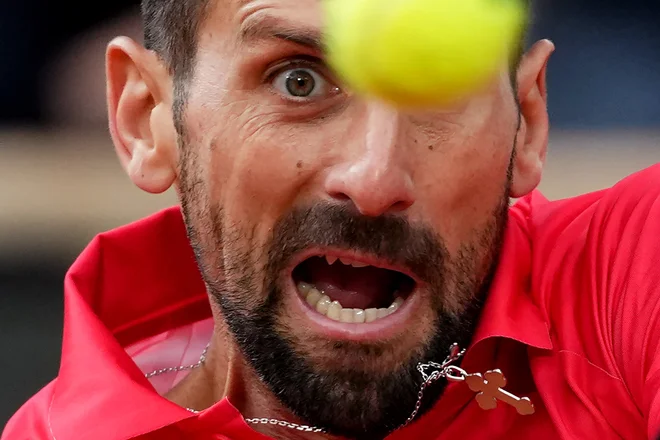The Council of Europe sees a disturbing signal on the state of democracy in the NGO Act on the NGOs

Commissioner O’Flahety writes to deputies.
BRATISLAVA. After less than a year, the Commissioner of the Council of Human Rights, Michael O’Flahets, wrote to Slovak deputies and deputies.
As in May 2024, they call on them not to approve the bill that the government coalition wants to introduce significant restrictions for civil society and to mark selected NGOs, civic associations and other organizations in the third sector as lobbyists.
The law was to be dealt with by the Parliament after a week’s postponement on Wednesday, and eventually pushed the negotiations for the next week, next Tuesday.
MP Miroslav Čellár admits from his voice that this is because it is not yet ready.
Marking as lobbyists would be unreasonably stigmatized, writes Commissioner O’Flahets in a letter to the President of Parliament Richard Raši from the vote and chairman of the three parliamentary committees – Čellár, Jaroslav Baška Z Direction and Lucie Plaváková from Progressive Slovakia.
« It is particularly important that all the next steps to regulate non -profit organizations take place in close cooperation with civil society and participation, » he writes.
The same reservation on Tuesday was addressed by the coalition and the deputies of the opposition. It is hindered not only by the content of the law, but also by the fact that he came to Parliament as a parliamentary proposal and did not pass through the proper comment procedure – although the first wording of the amendment to Parliament came a year ago.
You will read:
- What reproaches the Commissioner of the Council of Europe’s proposed amendment on NGOs,
- What he noticed during his last year’s visit to Slovakia,
- whom he stopped in his letter.
The court must decide on dissolution
The Commissioner notes that, according to the coalition proposal, civil organizations should be subject to obligations under the Act on Free Access to Information, which is targeted to public institutions.
He reiterated his warning a year ago when he objected to the intention to introduce high sanctions with the possibility to completely dissolve NGOs for administrative errors.
« Dissolve can only be made in the case of bankruptcy, long inactivity or serious offenses, only by decision of an independent and impartial court, » O’flahety writes in the letter.
According to him, it is questionable whether the bill as a whole is necessary in a democratic society within the meaning of the European Convention on Human Rights.
MEPs ask that they do not approve the proposal or amendments to it, unless they are in accordance with the obligations that arise from the Slovak Republic from the Convention.
Porubän’s resort has stopped
O’Flahety also writes about his visit to Slovakia in July 2024. However, MEPs approved the transformation of the public service media last year.
The Commissioner of the Council of Europe recalls that at that time in Slovakia, he recorded disturbing pressure on civil society by repeated verbal attacks by high -ranking state representatives.
« The adoption of the law, which does not meet the above standards, would only enhance this pressure and thus send a worrying signal on the state of the rule of law and democracy in the Slovak Republic, » he wrote.
The Commissioner also stood in the letter of the Slovak National Center for Human Rights and rejected political pressures on it.
When the center criticized the amendment to the NGO Act, Direction called on its director Silvia Porubän to resign. The center in March called on Members not to support the NGO Act, the reservations were to be labeled as lobbyists.
O’Flahety stressed that the center has a comment on human rights legislation in the job description by law and plays a key role as a national human rights institution to operate in every UN country in a safe and favorable environment.
« Such institutions are among the pillars of respect for human rights, the rule of law and democracy, » said Commissioner O’Flahety. He called on the deputies to speak to the defense of the independence of the National Center for Human Rights.
Beata
Balogová
Editor -in -chief

We haven’t fastened this article, but we need your support.
We leave some articles unlocked to have all access to important information. They can also be brought thanks to our subscribers.







